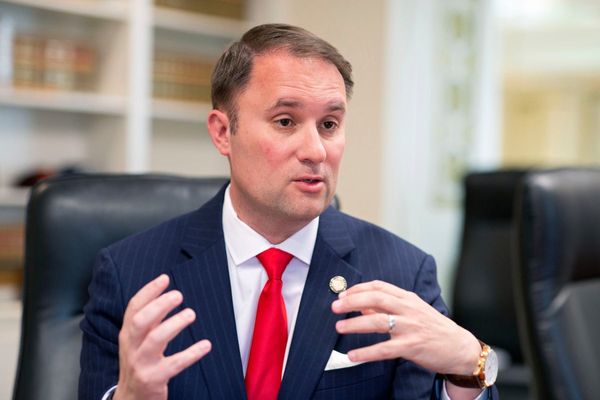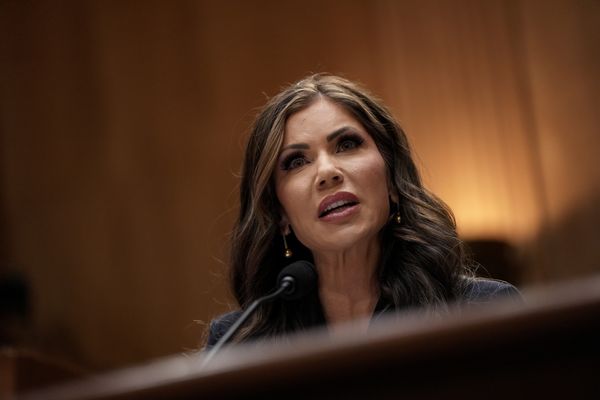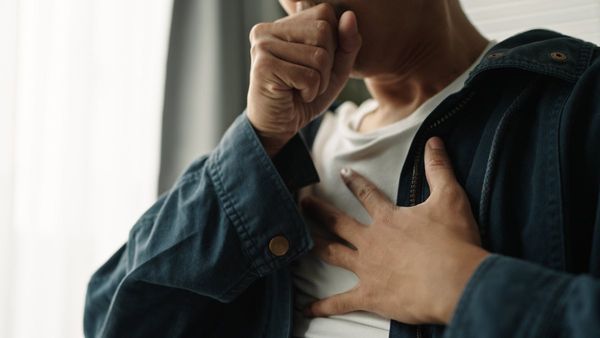Stating that the COVID virus is still around, Dr. V.K. Paul, Member (Health), NITI Aayog on Thursday said that “we can’t predict changes in the number of cases so we need to stay alert and get vaccination cover”.
The warning comes close on the heels of World Health Organisation’s alert stating that the world should not lower its guard against the virus just yet.
Dr. Paul said that people should protect themselves and take precautions in the form of COVID-appropriate behaviour and vaccination.
“Those who have taken a second dose and exceeded six months should take the precautionary dose soon. We have enough vaccines and those eligible should ensure that they take the vaccination. Those with co-morbidity should avail of the facility immediately,’’ Dr. Paul said.
‘Neurological and psychiatric issues’
Meanwhile, a recent paper published in the Lancet Psychiatry journal, which looked at 1.25 million patient records, has now confirmed the previous findings that COVID-19 can increase the risk for some neurological and psychiatric conditions in the first six months after infection.
The present study suggests that some of these risks can last for at least two years.
The study further said that risk profiles and trajectories vary in children compared with adults and older adults, and differ between variants of SARS-CoV-2. The comparable risks seen after the emergence of Omicron indicate that the neurological and psychiatric burden of COVID-19 might continue even with variants that lead to otherwise less severe disease, said the study.
It added that post-COVID neurological and psychiatric outcomes followed different risk trajectories – the risk of cognitive deficit, dementia, psychotic disorder, and epilepsy or seizures remained increased for two years after a COVID-19 diagnosis, while the risks of other diagnoses (notably, mood and anxiety disorders) subsided early and showed no overall excess over the two-year follow-up. Children are not at increased risk of mood or anxiety disorders (even over the first six months) but share adults’ risk of several other diagnoses.
“These findings are relevant for policy makers involved in anticipating and addressing the health burden of the pandemic, for researchers seeking to identify the mechanisms underpinning brain sequelae of COVID-19, and for patients and clinicians wishing to know the neurological and psychiatric risks following SARS-CoV-2 infections,” noted the study.







